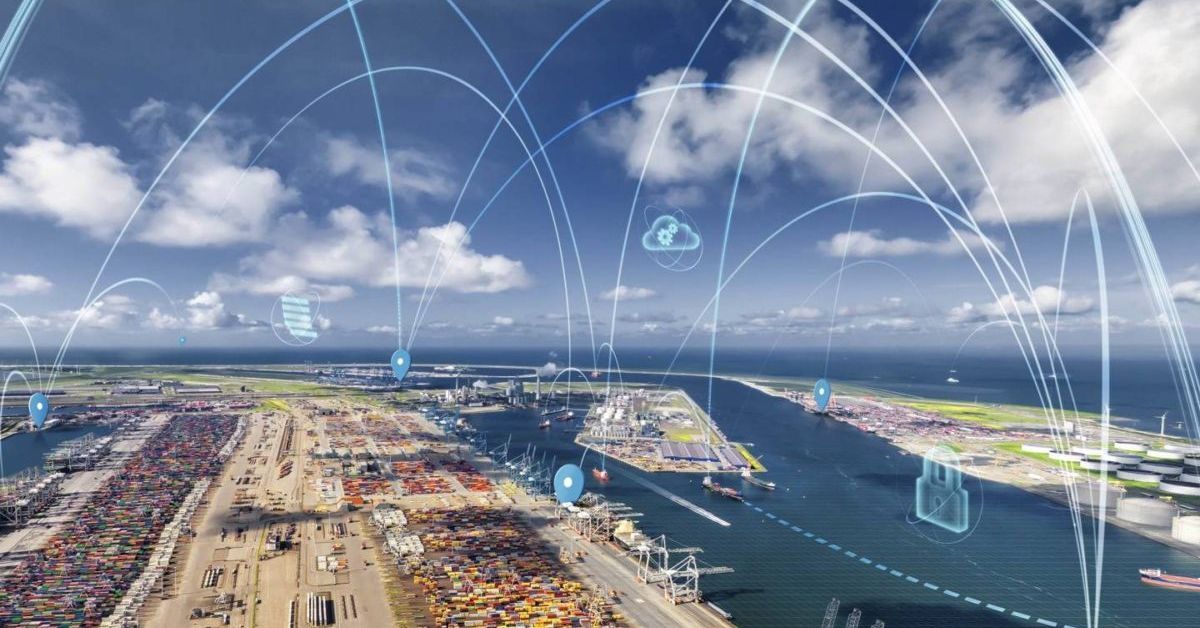The International Maritime Organization’s (IMO) recent deliberations at the MEPC80 highlighted both the opportunities and challenges confronting the shipping industry as it charts a course towards decarbonization. While the commitments made are a positive step, they fall short of the urgent action needed to effectively mitigate climate change. Many industry stakeholders are calling for stronger, faster action to exceed the IMO’s baseline commitments, with ports and technological innovation emerging as key drivers in achieving this.
The IMO’s revised greenhouse gas (GHG) strategy, agreed upon at MEPC80, has set the goal for net-zero emissions by around 2050, with intermediate targets for 2030 and 2040. However, some stakeholders question the organization’s pace and the efficacy of its proposed measures. Countries such as China, Brazil, and Argentina have resisted more ambitious actions like a carbon levy, contributing to a perceived lag in the IMO’s responsiveness to the urgency of the climate crisis.
Consequently, industry players are adopting more aggressive emission reduction goals independently. In this climate, ports are being recognized as crucial change agents, providing the necessary bridge between policy and practice. Ports like Rotterdam exemplify this proactive stance, demonstrating how collaboration, data-sharing, and a commitment to efficiency and competitiveness can catalyze progress towards decarbonization.
To this end, PortXchange has emerged as a key partner for ports seeking to accelerate their emission reduction strategies. Its innovative software solution, EmissionInsider, has been effectively utilized in the Port of Rotterdam*, Europe’s largest seaport. This tool simplifies and automates transport-related emission data collection and establishes a customized baseline emissions inventory for each port.
Through EmissionInsider, Rotterdam has successfully established a comprehensive emissions profile and made significant strides towards achieving its decarbonization targets. This practical demonstration of technology supporting emission reduction offers a compelling template for other ports worldwide, regardless of IMO decisions.
PortXchange EmissionInsider provides port authorities with data to make strategic decisions on targeted decarbonization strategies. Such decisions can include adopting mechanisms and incentives that encourage and promote sustainable shipping practices, such as speed optimization, which can significantly reduce emissions.
The shipping industry’s path towards decarbonization is increasingly reliant on digitalization. As demonstrated by PortXchange, collaborative, technology-driven solutions can help the industry surpass the IMO’s emission reduction goals. The rapid uptake and implementation of such solutions will be crucial in driving the industry’s transition towards a sustainable future.
While the post-MEPC80 landscape brings its share of challenges, it also opens doors for greater collaboration and innovation, but only if they recognize the parts that must play in meeting their targets. By harnessing the power of technology and committing to robust decarbonization strategies, the shipping industry can effectively navigate these uncharted waters.







